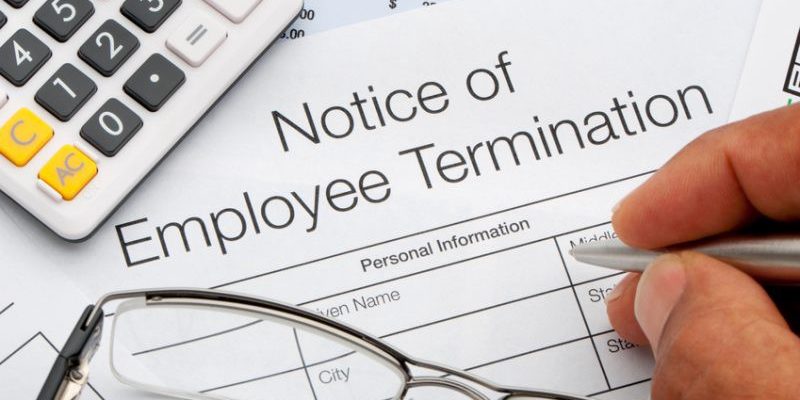Avoiding Discrimination Claims When Firing Employees
Firing employees can be one of the most stressful tasks of a business owner, but even more stressful is the task of defending yourself in a wrongful termination suit.
The majority of American workers are at-will employees, and as such, these employees require minimal (if any) reasons for termination. Other classes have more restrictions on when and how to terminate, but every employer must adhere to certain federal and state regulations when firing any type of employee.
Read on to find out what constitutes wrongful termination and how to avoid the costly lawsuits that may follow.
Implied contracts are implicit agreements made between an employer and an employee. Whether made orally, through written company communications or official documents (such as a handbook), employees under implied or explicit contracts are not considered at-will employees. As such, their employers must have valid reasons for termination.
To avoid a breach of an implied contract, make sure company policies are clearly and carefully laid out in your employee handbook. It should also be clear that written communications and company publications are not contractually binding.
Most of the federal employment regulations apply only to certain-sized businesses in specific industries. However, many states have laws in place to supplement the holes contained in federal statutes.
Keep in mind that discrimination does not have to be intentional. Unintentional employer patterns or unclear reasons for discipline can be construed as discrimination in some cases. To prevent discrimination claims when firing, keep thorough and detailed accounts of warnings and discipline for all employees; be especially wary when conducting layoffs, as unnoticed patterns may emerge when letting employees go.
Defamation of a former employee’s character can occur well beyond the date of termination. But if a former employee can prove that an employer made false and malicious statements that prevented him/her from finding a new job, that employer can be subject to a defamation suit.
To avoid defamation claims, be diligent of correspondence regarding former employees. If asked for a review or reference, just remember that, if untrue, what you say can lead to a defamation suit; declining to perform the review instead of exaggerating grievances can help prevent costly lawsuits.
A reliable (but not infallible) way to avoid a wrongful termination suit is to have fired employees sign a Termination and Release Agreement. It should be made clear within the agreement that, upon signing, the former employee agrees to release the company against all potential claims.
We hope guys you find out the list of “Avoiding Discrimination Claims When Firing Employees” very useful.If you really think we are making some efforts then don’t forget appreciating our efforts in a comment below and thanks for visiting.
Bottom Line
SW HR Consulting has been helping companies to build their teams and values for over 10 years. Contact us to find out more about our unique hr outsourcing services and see how our expertise can benefit you.







